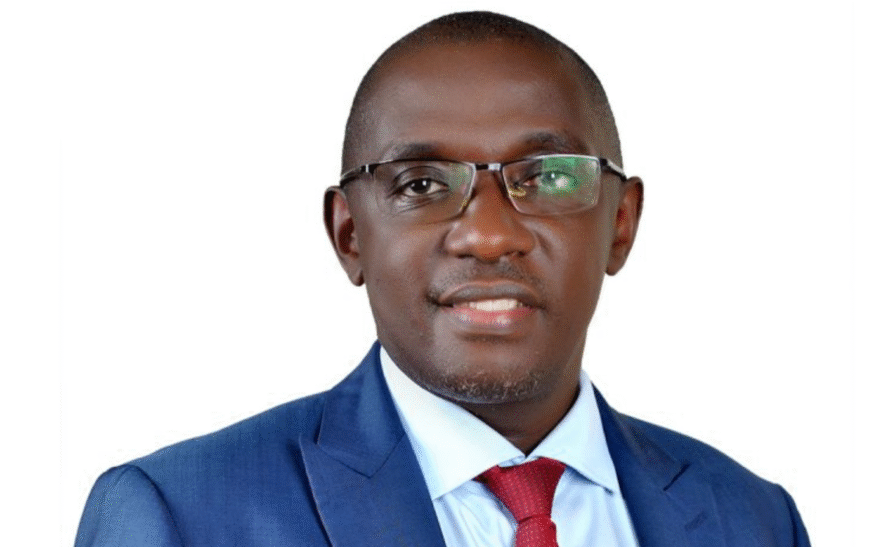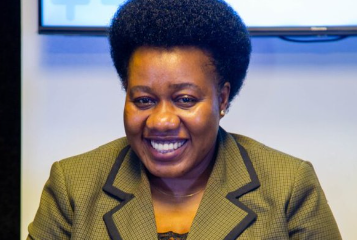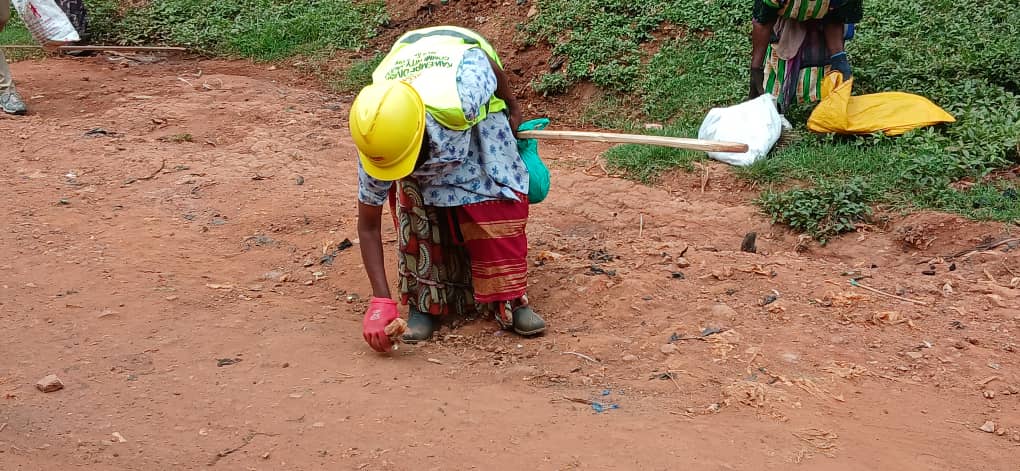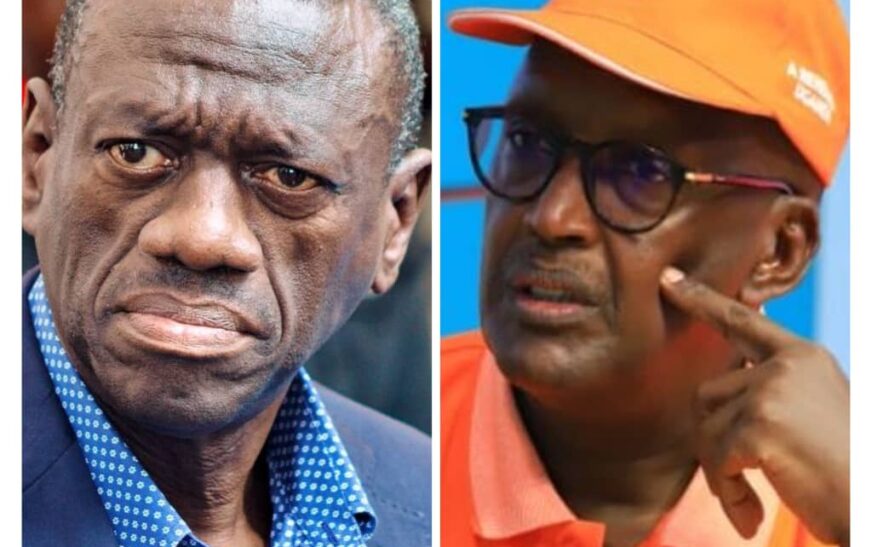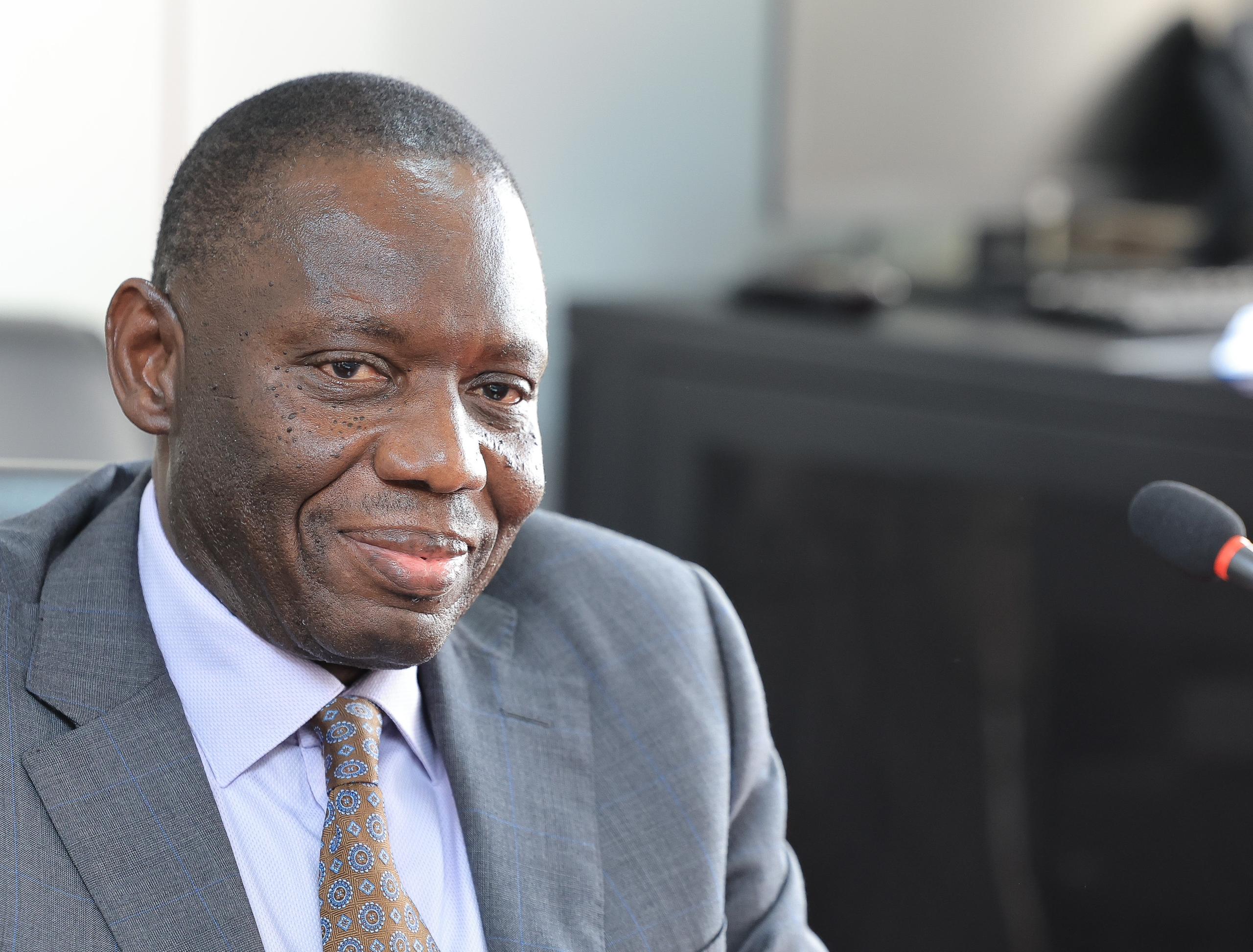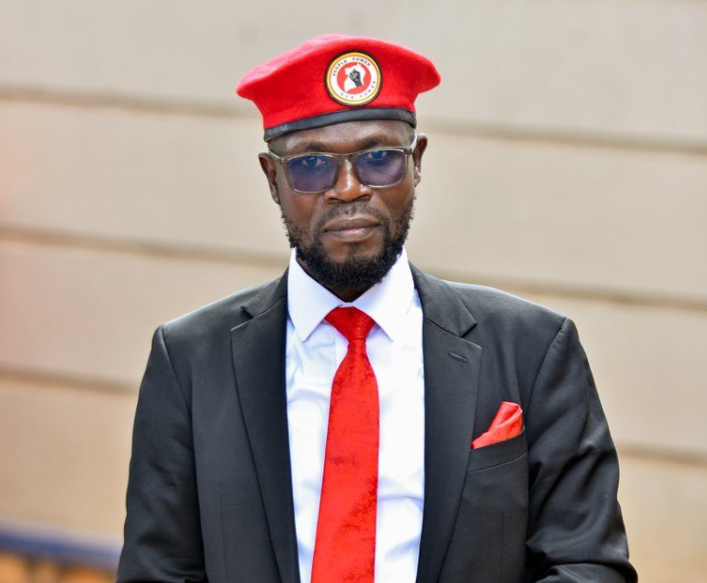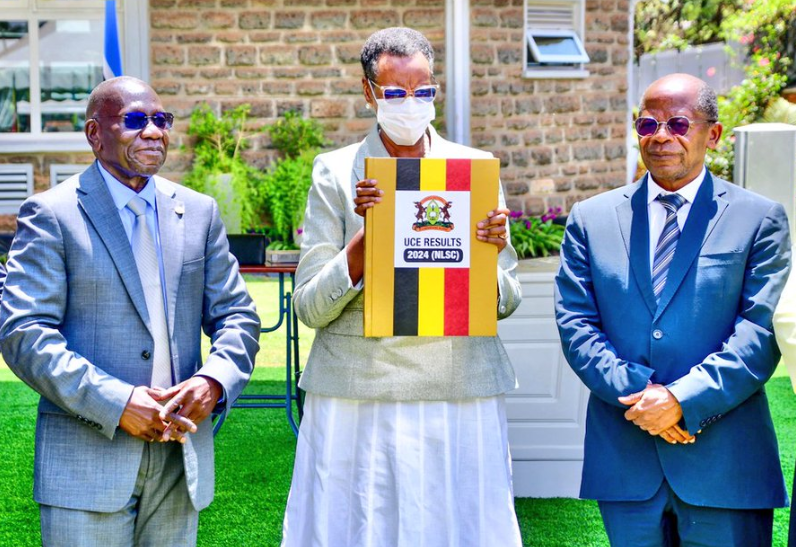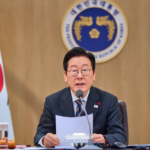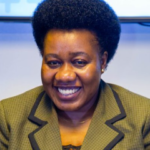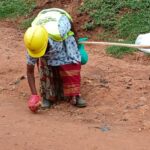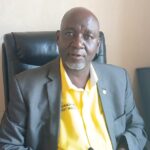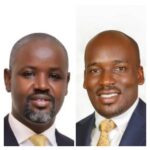The Electoral Commission (EC) has come under the spotlight after acknowledging significant expenditure on presidential nomination materials, despite providing no clear figures to back up the spending.
Speaking at the EC headquarters in Kampala’s Industrial Area, commission spokesperson Julius Mucunguzi defended the costs, urging Parliament to fast-track approval of the EC’s electoral budget as Uganda inches closer to the 2026 general elections.
“We have spent considerable funds on preparing nomination papers for presidential aspirants,” Mucunguzi said. “This is why Parliament needs to prioritize our budget approvals when we present our requests.”
While the EC maintains that the materials including the national electoral roadmap, nomination forms, and election guidelines — are essential to ensuring a smooth nomination process, questions remain over transparency, particularly as the commission declined to disclose how much has been spent to date.
Mucunguzi noted that 132 individuals, drawn from various political affiliations and backgrounds, have so far collected nomination forms.
These include aspirants from established political entities such as the Forum for Democratic Change (FDC), the ruling National Resistance Movement (NRM), and emerging players like the Uganda Economic Party, which is reportedly rebranding to the Common Man’s Party.
Among the aspirants are figures who have openly criticized the current administration, citing unresolved issues like corruption, economic stagnation, and weak rule of law.
These challengers have pledged to address Uganda’s structural issues if elected.
“We are presenting ourselves to Ugandans to restructure governance and address the political, economic, and social challenges that have not been resolved,” one aspirant said.
Still, not all aspirants have been successful in their pursuit of the presidency. A number have reportedly been turned away for failing to meet the legal prerequisites outlined in the Presidential Elections Act, including the submission of national IDs and certified academic qualifications.
As the electoral season heats up, the EC’s call for greater financial support raises broader questions: how are electoral funds being allocated, and what mechanisms are in place to ensure accountability in a highly politicized environment?
With public trust in electoral institutions often tested during election cycles, transparency around such expenditures — especially those tied to essential democratic processes may prove crucial not just to the EC’s credibility, but to the legitimacy of the 2026 elections themselves.

